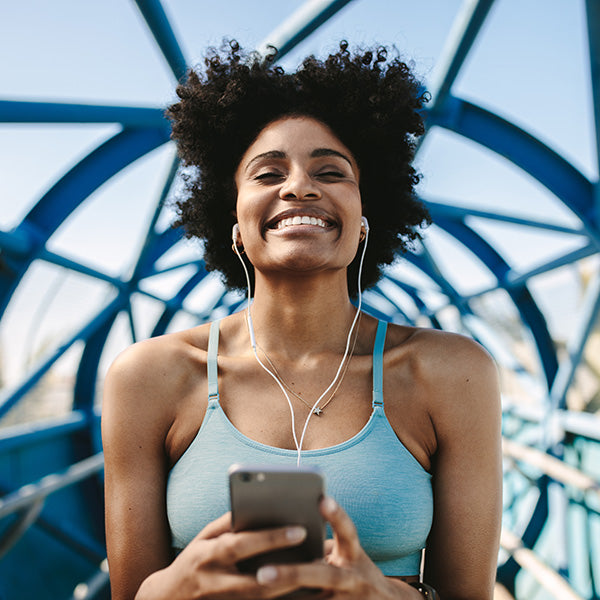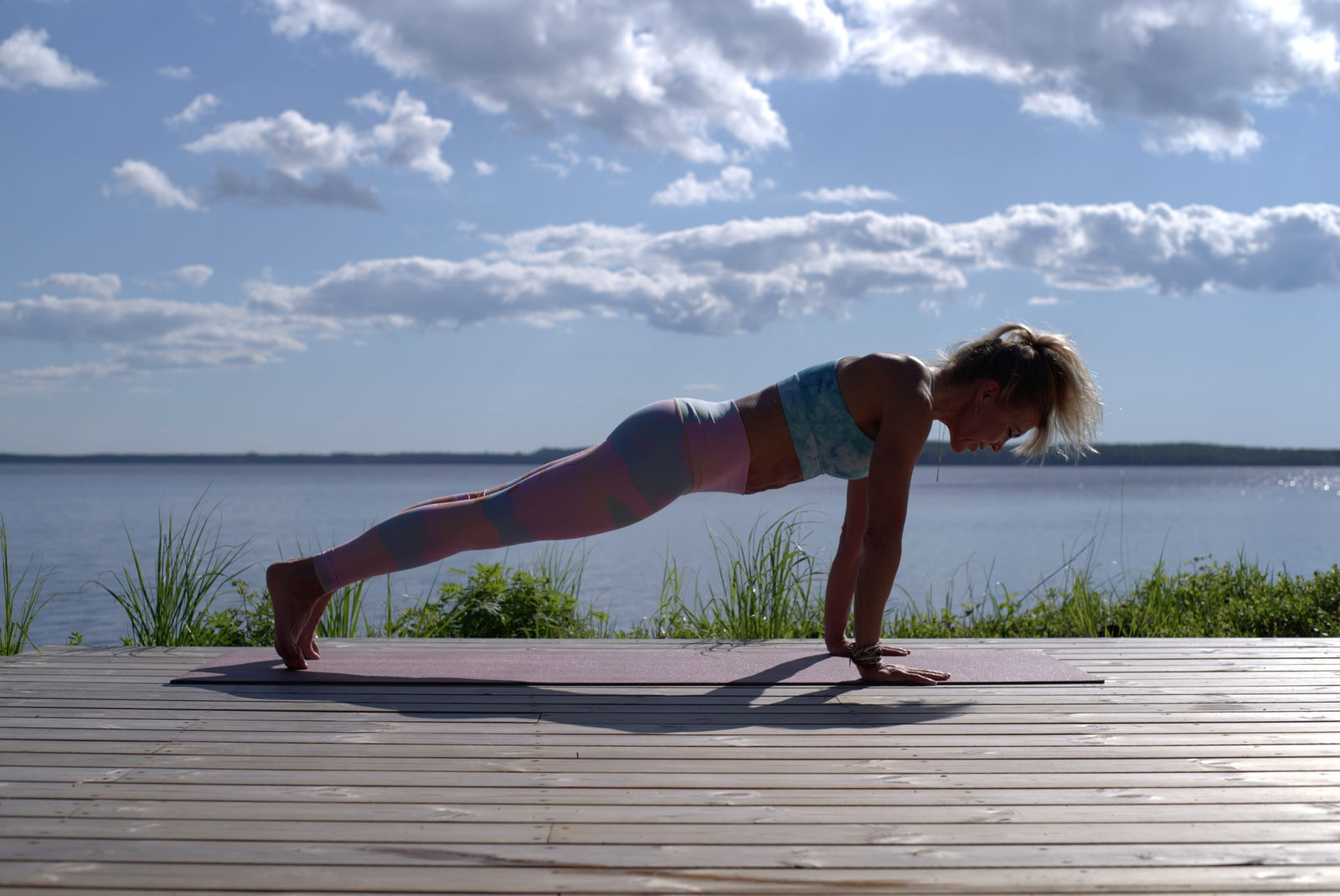If you’ve traveled and traversed multiple time zones, then you must be strongly familiar with jet lag.
And if you’re wondering how many days your jet lag would last, it actually depends on the difference is between where you come from and your destination in hours.
For instance, traveling 7 hours from New York to Paris, it’ll probably take 7 days for your body to fully recover from jet lag.
It’s inevitable really.
But the question remains: how do you cure sleeplessness after coming from a different timezone?
Here are 5 easy things you can do before and after the jet lag.
Get used to the new time
Preparation is key.
If you know ahead of time that you’ll be crossing over multiple timezones, try to get used to the new timezone days before. You can start sleeping earlier or later depending on the destination or move your meal times according to the time of where you’re going.
Going east, make them earlier. Going west, move your schedule a little later.
Make sure you do it gradually so you don’t shock your system.
While in flight, prepare yourself psychologically by adjusting your watch to the new time. Try to get some snooze on the plane if it’s already nighttime in your destination, so when you land, you can conform to the new time as soon as possible. And when you land in the daytime, try to fight sleepiness and save your bedtime come 7 or 8 pm. This way, your body can easily adjust.
Sleeping during the daytime can be the worst thing you can do; in the evening, you’ll find yourself wide awake and eventually struggling the next day.
It helps if you’ll get out of the hotel and walk around the neighborhood. By doing this, you not just fight the drowsiness, you also familiarize yourself with the new place. Try to do this until it’s time for dinner, or an early night.
If you’re flying for work, game the system by flying in a few days before. That way, you can get used to the new time and environment and be on top of your game.
PRO TIP: Try to book a flight that arrives at night so you can already head straight to bed after a tiring long-haul.
Take melatonin supplement
Melatonin is a hormone naturally produced in the body that helps our circadian rhythm, or the sleep-wake cycle. Also known as the “hormone of darkness”, there are certain parts of the day when it’s high (in the evening) and low (in the morning) - rising levels make us feel sleepy and lower ones keep us alert.
Melatonin plays a critical role in regulating the body clock. Many people use it as sleeping aid - melatonin helps them feel sleepy, gets them better quality sleep, and allows them to sleep longer.
While not as effective as actual medications, melatonin can certainly give you the results that you’re looking for. [1]
Because melatonin has a lot to do with wake and sleep cycles, the timing for when to take the supplement is critical. When you land, take 3 milligrams of melatonin one to two hours before having your snooze. [2] This is just the right time before falling asleep as melatonin normally gets absorbed by the body in this timeframe, and can take into effect in the next 10 hours.
VALI Sleep Well has 3 mg of melatonin – among other ingredients like passionflower, chamomile, lemon balm, and valerian extract – help you maintain a balanced sleep cycle schedule without damaging side effects.
Expose yourself to sunlight
To aid your body’s circadian rhythm and signal it of the actual time, especially daytime, it helps to expose yourself to sunlight.
Basking in the holiday sun signals not just the start of vacation, but also your body’s response to the new time. Sunlight is your natural way of resetting your body clock. Upon reaching the hotel, open your window and draw out the curtains. Better yet, starting walking around and perhaps getting into the beach. It’ll surely help you adjust to the new timezone!
If any of these aren’t possible for some reason, use any available light in the room. Look for a desk lamp, visor or special light box.
Just make sure that you’re doing all these during the daytime! If you do this at night, you’re doing the opposite and may be counter-productive for fighting jetlag.
Sources
[1] https://www.ncbi.nlm.nih.gov/pubmed/23691095
[2] https://www.webmd.com/sleep-disorders/features/jet-lag-remedies#4








